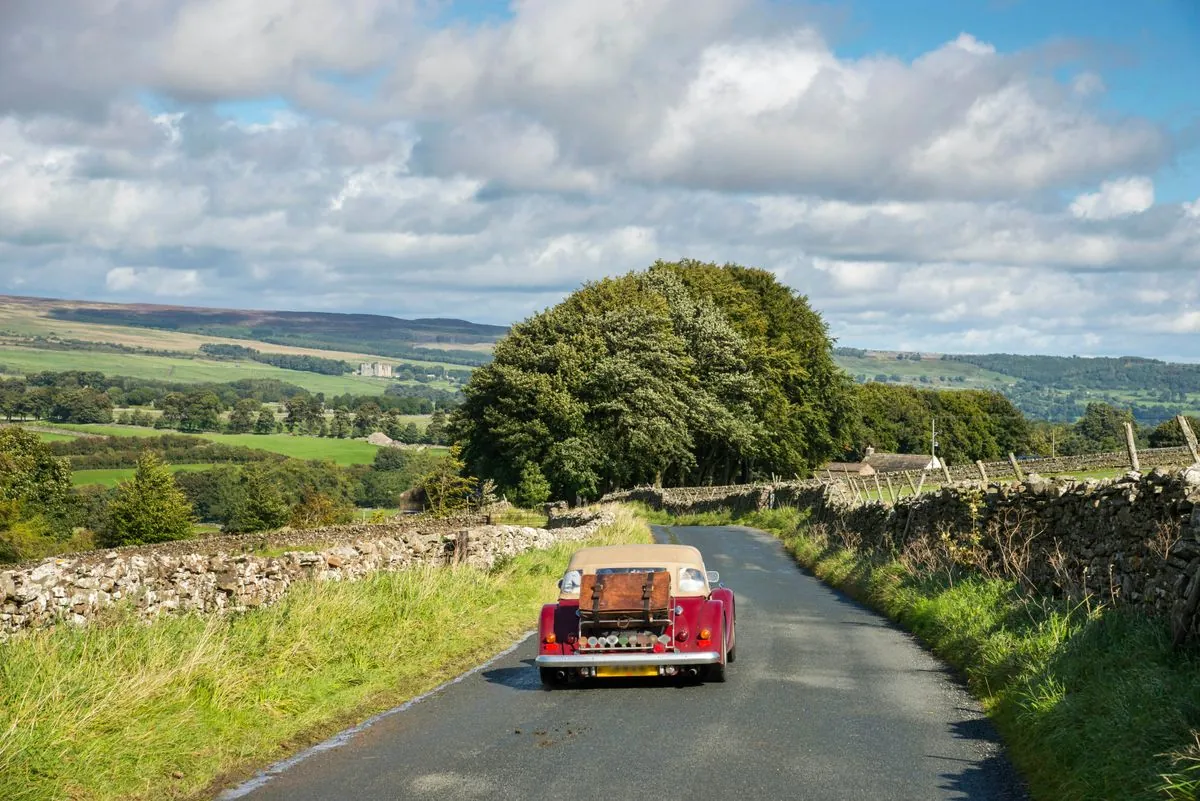Natural England's Vehicle Fleet at Odds with Environmental Mission
Natural England, tasked with protecting England's nature, faces criticism for its predominantly diesel-powered vehicle fleet. The agency cites operational needs for off-road vehicles as a reason for limited eco-friendly options.

Natural England, the agency responsible for safeguarding England's natural environment, is facing scrutiny over its vehicle fleet composition. The organization, established in 2006 as a non-departmental public body, operates six times more diesel-powered vehicles than eco-friendly electric alternatives.
Sian Berry, a Green Party MP, expressed concern about this situation, stating:
"If even public bodies like Natural England haven't been able to transition yet to a fully electric fleet of vehicles, it really shows how far behind we are thanks to the last government's lack of priority for clean air and carbon reduction."
Berry emphasized the urgent need for proper funding to support the transition to low-emission options, both within public bodies and across the country.
Natural England's vehicle fleet consists of 106 vehicles, with 79 powered by diesel, 12 fully electric, and 15 plug-in hybrids. The agency's electric fleet includes nine Vauxhall e-Vivaro vans and three Spartan jeeps based on a Czech design. The diesel models are primarily 4x4 vehicles used for accessing remote and rugged terrain.

Despite its current fleet composition, Natural England maintains a commitment to environmental protection. The agency manages over 140 National Nature Reserves covering 66,000 hectares and is involved in various conservation efforts, including the reintroduction of extinct species like the white-tailed eagle. Natural England also plays a crucial role in designating and managing Sites of Special Scientific Interest (SSSIs) and implementing agri-environment schemes.
The organization has set a 10-year goal to promote clean air and aims to reduce its greenhouse gas emissions, energy use, and waste levels. However, the predominance of diesel vehicles in its fleet has raised questions about the alignment of its practices with its environmental mission.
In response to the criticism, a Natural England spokesperson stated:
"We are fully-committed to a low emission, sustainable, high-performing vehicle fleet that is cost-effective and efficient. Our small road going fleet is already either hybrid or electric, but some of our work requires off-road vehicles to access difficult terrain for essential operational work, including on National Nature Reserves."
The spokesperson added that while there are currently no suitable low-emission alternatives for their off-road work, the agency will continue to transition to a greener fleet as new options become available.
This situation highlights the broader challenges faced by public bodies in transitioning to eco-friendly vehicles. The Labour Party has proposed supporting the transition to electric vehicles by accelerating the rollout of charging points and restoring the 2030 phase-out date for combustion engine cars.
As Natural England continues its work on climate change adaptation strategies for wildlife and habitats, the agency's vehicle fleet composition remains a point of contention. The organization's efforts in marine conservation, landscape-scale conservation projects, and the development of England's network of long-distance walking trails underscore the importance of aligning its operational practices with its environmental protection goals.


































